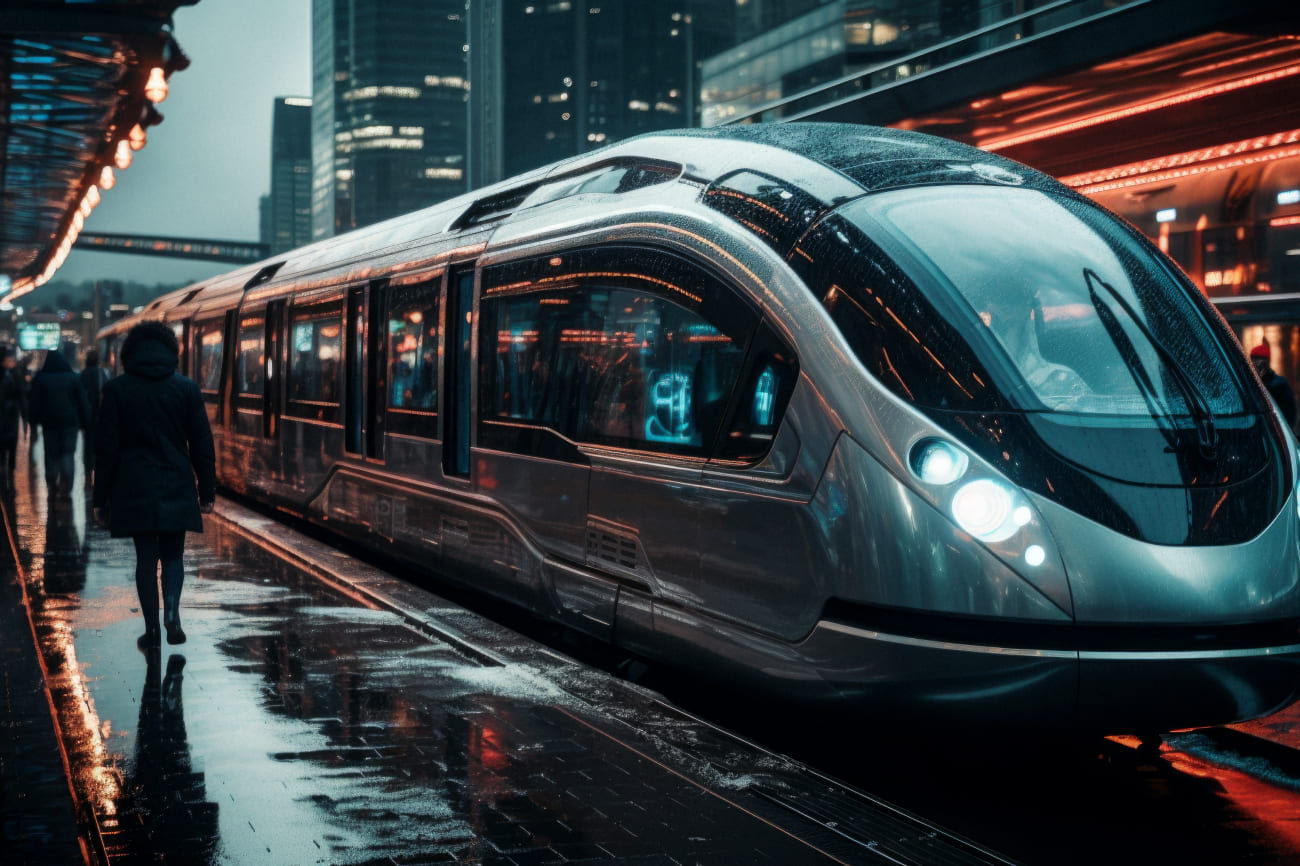The world of transportation is on the brink of a revolution. With sustainability, technology, and efficiency at the forefront, the way we move is going to look drastically different in the coming decades. Inventions like hyperloop, delivery drones, unmanned aerial vehicles, flying taxis, and futuristic modes of travel will no longer just be concepts—they will actively move from imagination to reality. This blog will explore seven revolutionary modes of transportation that have the potential to redefine how we commute, travel, and connect globally.

-
Hyperloop Systems
The Hyperloop is one of the most talked-about modes of transportation concepts for the future. This system involves high-speed pods traveling through low-pressure tubes, allowing for nearly frictionless movement. Hyperloop could reduce travel time between cities, making long commutes a thing of the past. These systems are set to cut travel times and reduce the carbon footprint associated with traditional transportation.
-
Flying Cars
Flying cars are no longer just a concept for science fiction movies. These cars operate using vertical takeoff and landing (VTOL) technology, allowing them to navigate congested urban areas or access remote locations. This mode of transportation can offer a practical solution to traffic congestion while providing a completely new perspective on urban mobility.
-
Autonomous Vehicles
Self-driving cars are already entering the mainstream, but the future holds even greater possibilities for autonomous vehicles. Leveraging advanced AI and sensor systems, self-driving cars are paving the way for a safer and more automated future. Fleets of autonomous cars could reduce accidents caused by human error and optimize traffic flow in cities.
-
Electric Vertical Takeoff and Landing
eVTOL aircraft are poised to transform urban air mobility, offering a groundbreaking solution for short-distance travel within cities. These innovative vehicles are powered by electricity and promise quieter, faster, and more environmentally friendly regional flights. EVTOLs represent the future of efficient and eco-conscious air transportation by providing a sustainable alternative to traditional fuel-based aviation.
-
MagLev Trains
Magnetic levitation (MagLev) trains are already operational in some parts of the world, but future advancements could make them far more widespread. These trains use magnetic forces to hover above the tracks, eliminating friction and allowing optimal speeds. MagLev trains are energy-efficient, quiet, and perfect for regional high-speed transit in an affordable and environmentally friendly way.
-
Personal Rapid Transit Systems
Imagine a network of pod-like vehicles that transport individuals directly to their destinations without stops or delays. Personal Rapid Transit (PRT) systems aim to do just that. These autonomous pods can carry individual passengers or small groups along dedicated tracks, minimizing congestion and delivering a more personalized travel experience.
-
Hydrogen-Powered Vehicles
Hydrogen fuel cell vehicles might be the environmentally friendly answer to long-haul travel. While electric vehicles have led the green transport charge, hydrogen offers advantages for heavy-duty vehicles such as buses, trucks, and even ships.
The future of transportation is brimming with innovation. These seven emerging modes of transportation highlight humanity’s incredible drive toward creation, sustainability, and efficiency, which will reshape travel as we know it. While challenges like cost, infrastructure, and regulations persist, the potential benefits of faster, safer, and greener transportation systems are undeniable. As these technologies develop, they promise to connect people and places in ways we’ve never imagined.
